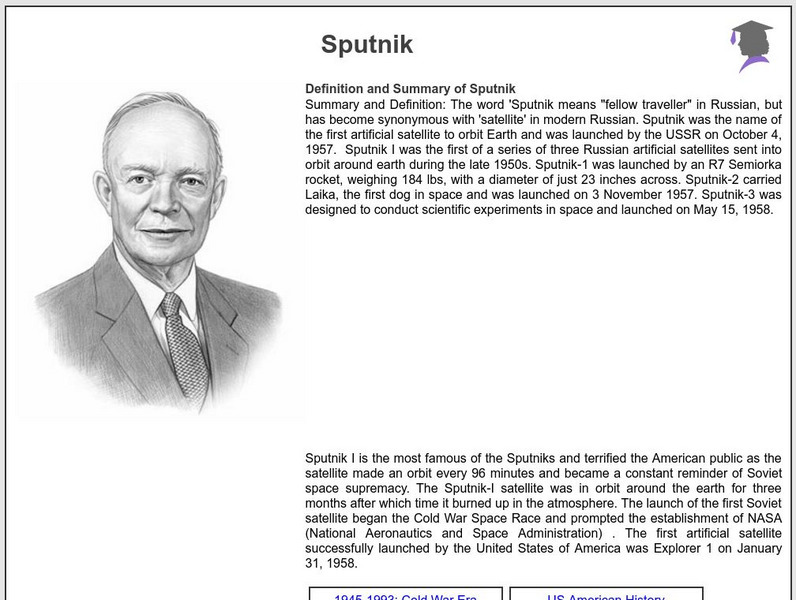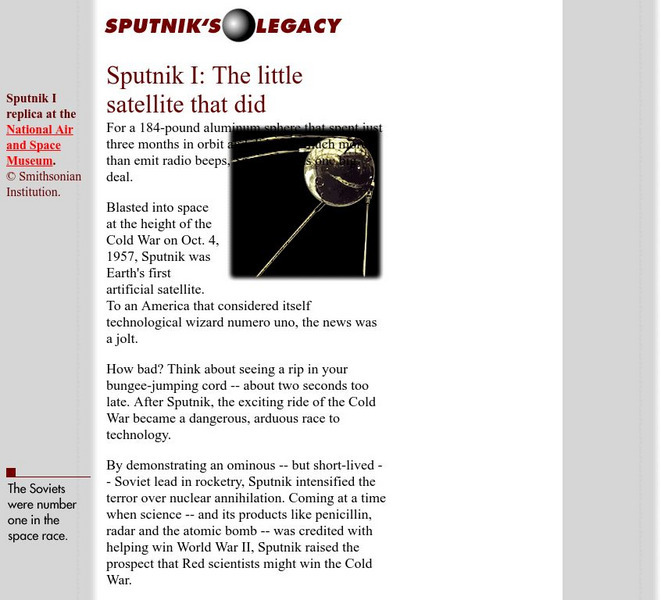Hi, what do you want to do?
Curated OER
Kepler And His Laws
Students engage in an overview of the story of Tycho Brahe and Johannes Kepler, and of Kepler's laws. Each of Kepler's laws be studied separately in more detail in later lessons. They examine Kepler's 3rd law.
Curated OER
Kepler and his Laws
High schoolers examine Kepler's Laws. They confirm Kepler's 3rd law by comparing orbital periods and mean distances for all major planets and study conic sections, qualitatively.
Curated OER
Kepler's 3rd Law
Students derive the velocity in a circular orbit of any radius. They derive the Earth escape velocity and prove Kepler's 3rd law for circular orbits # A simple formula for the orbital period in a circular Earth orbit of given radius.
Curated OER
Quiz: Weather Prediction
In this science worksheet, 3rd graders will focus on the weather. Students will respond to ten fill in the blank questions regarding weather prediction.
Curated OER
Proofreading Activity: "The Twentieth Century"
In this proofreading worksheet, students mark infinitives, prepositional phrases, subjects and verbs in a paragraph titled "The Twentieth Century,"then edit for missing commas.
Curated OER
Kepler's Third Law
Students use Kepler's third law to derive the velocity in a circular orbit of any radius, and identify the Earth escape velocity.
European Space Agency
European Space Agency: Esa Kids: Our Universe: Satellites
A basic introduction to artificial, or man-made, satellites. Links to information about the planets and other objects in our solar system are included.
Siteseen
Siteseen: American Historama: Sputnik
Detailed information on Sputnik, the first artificial satellite to orbit Earth, launched by the USSR on October 4, 1957.
Digital History
Digital History: The Space Race
In October 1957, the Soviet Union launched Sputnik 1, the world's first artificial satellite. The 184-pound, 22.5-inch sphere orbited the earth once every 96 minutes. Sputnik transmitted radio signals for 21 days and later burned up in...
University of Wisconsin
The Why Files: Sputnik's Legacy
Easy-to-read history of the Soviet satellite launch that began the race for space between the Soviet Union and United States. Click on "next" at the bottom to advance to the next page.
Texas Instruments
Texas Instruments: Space Trajectories
In this activity, students will explore different models for the motion of satellites. They work with two-and three-body problems, and consider both artificial and natural satellites.















